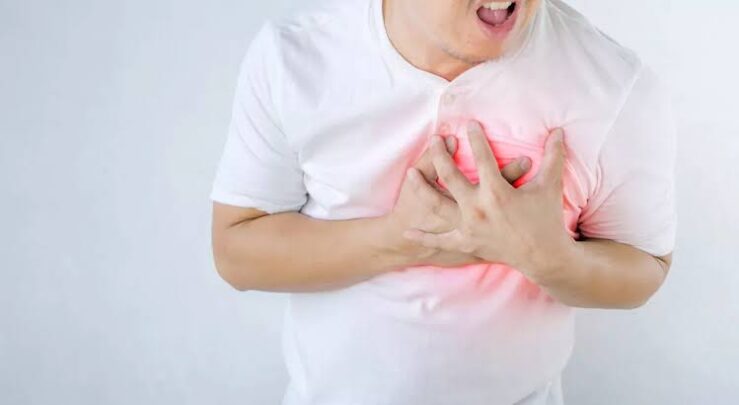An increase in cholesterol levels can be harmful to your health. Cholesterol is a waxy, fat-like substance found in every cell of the body. It is essential for building healthy cells, producing hormones, vitamin D, and substances that help in digestion. However, when cholesterol levels rise above normal, it can lead to several negative effects on health. That’s why it is advised that everyone should take measures to keep cholesterol under control.
High Cholesterol Can Lead to Heart Disease and More
High cholesterol is a known cause of heart disease, but its effects are not limited to that. If left unchecked, it can lead to other serious and potentially life-threatening problems.
Young People Are Also at Risk
Usually, people associate cholesterol problems with ageing or obesity, but the reality is far more serious. High cholesterol can clog blood vessels, increasing the risk of heart attacks and strokes. And it’s not just older people—many young adults, even in their 20s, are also being diagnosed with high cholesterol today.
Health experts highlight some symptoms that should never be ignored, as they can signal underlying cholesterol issues. Ignoring them may lead to major health troubles.
It’s also important to note that in many cases, high cholesterol doesn’t show obvious symptoms, but the body does give subtle signs. Recognising these early can help avoid serious risks, as confirmed by many medical studies.
Watch for Yellow Deposits Around the Eyes
One of the most common signs of high cholesterol is yellowish deposits around the eyes. These yellow or white fatty patches on the eyelids or surrounding skin may indicate high cholesterol and are often linked to lipid disorders. If you notice such signs, don’t ignore them.
Numbness or Tingling in Hands and Feet
High cholesterol can interfere with proper blood flow, which may reduce the oxygen supply to nerves. If this continues, it may cause numbness or tingling in the hands or feet. This could be a sign of blocked arteries. If you experience this, consult a doctor immediately.
Also Read-: Kidney Damage Symptoms That Appear Only at Night – 90% People Ignore Them
Chest Pain or Heaviness
The heart is most affected by high cholesterol. When cholesterol builds up in the arteries, the heart may not receive enough blood. This can cause chest pain or pressure, especially during physical activity. Even shortness of breath while walking could be a sign that your heart is struggling to work properly. In such cases, it is essential to get a cholesterol check-up done on your doctor’s advice.
If you frequently experience any of these symptoms, it’s important to get a lipid profile test done. To control high cholesterol, maintain a healthy diet, exercise regularly, and take medication if prescribed. Paying attention to these signs in time can help you avoid life-threatening conditions.


